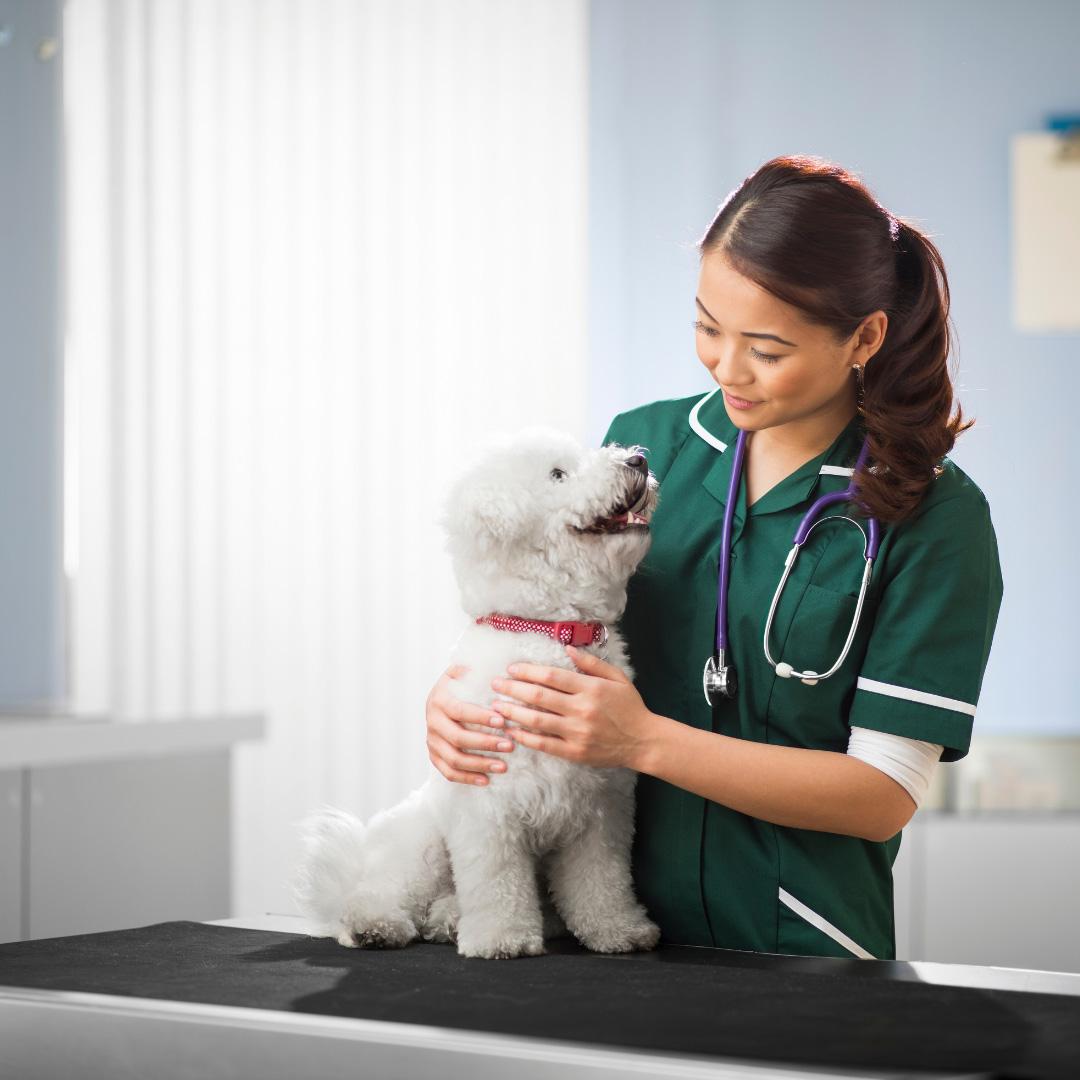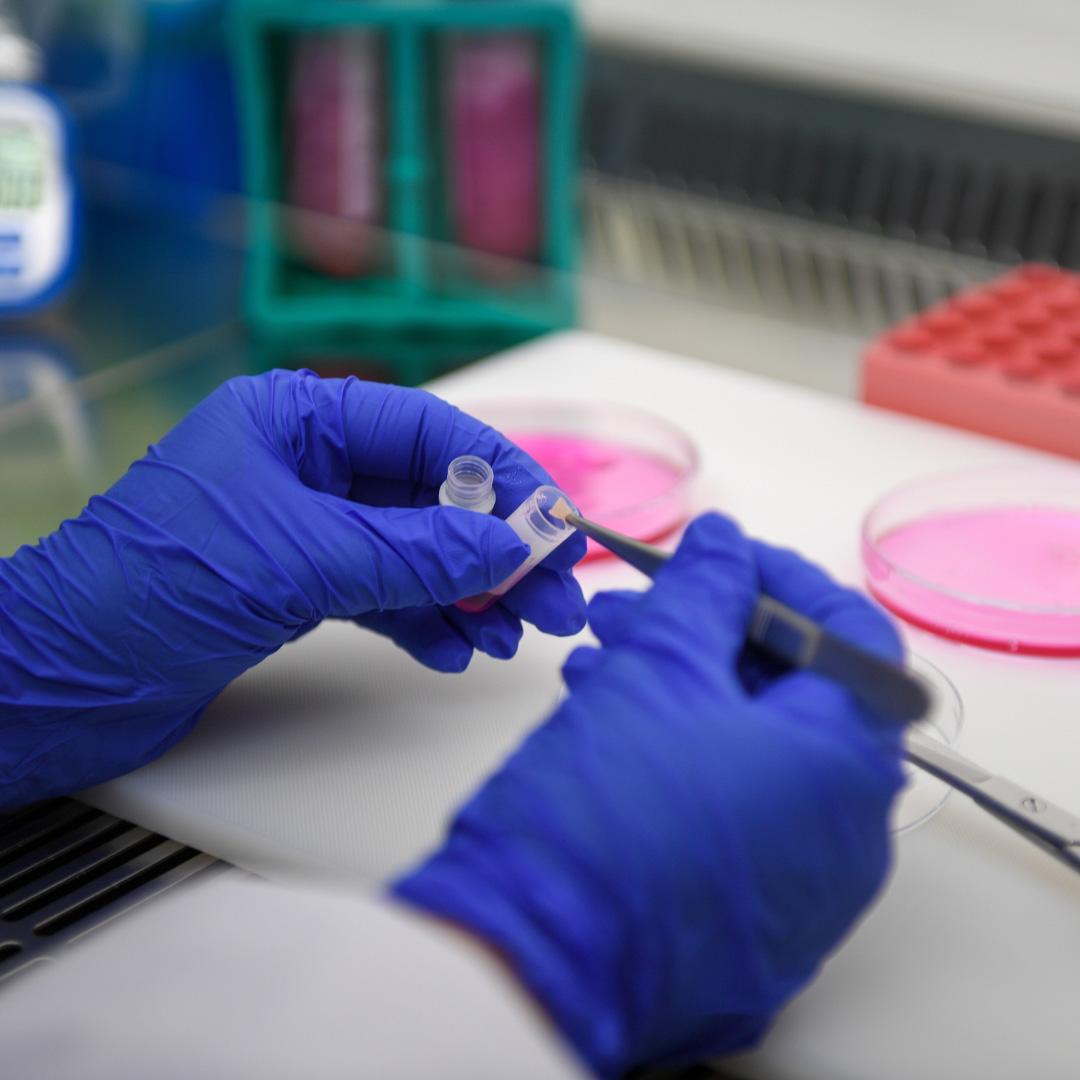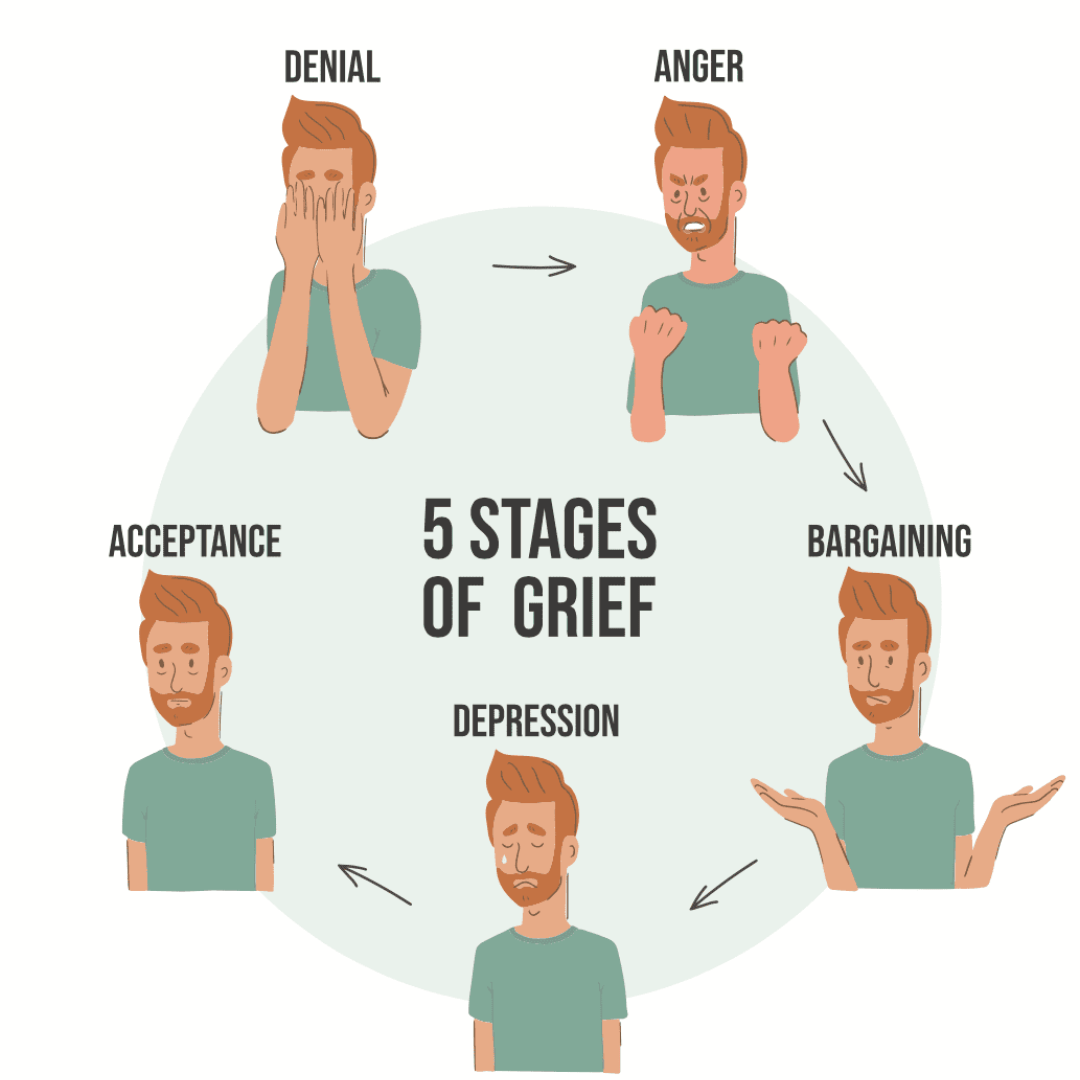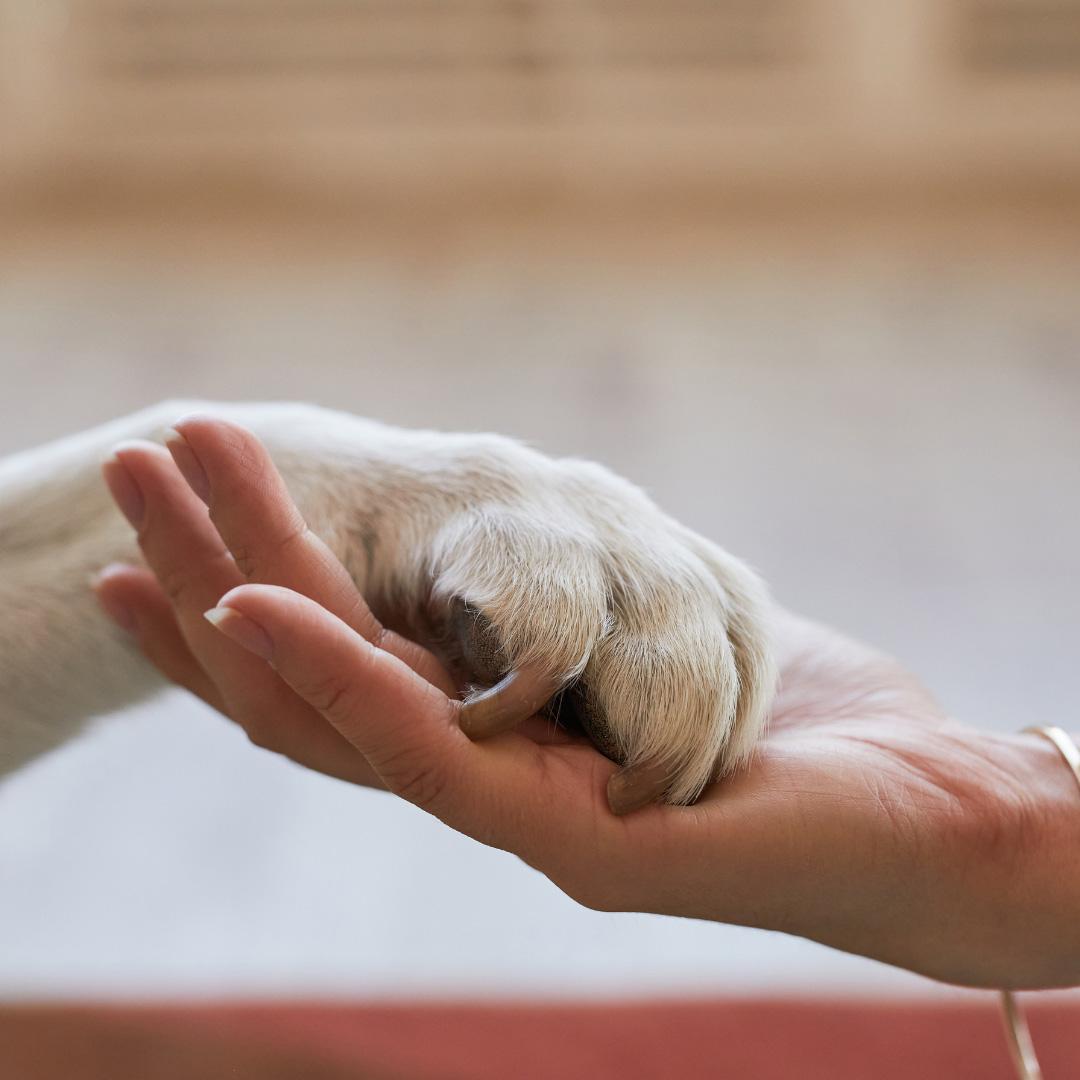Pet Loss Support
Understanding pet loss and grief
We strongly recommend that upon the death of an animal companion, you talk to someone who can help you through the grieving process. It can be difficult to say the words ‘my dog died’ but sharing grief with those who can support you can help ease the pain. This can be friends and family, but there are also fully confidential services offered by animal charities which can be of significant benefit at this time.
[/vc_column_text]Other ways to ease the pain of pet loss:
• Take care of yourself physically
• Focus on healing, not just distracting yourself from the pain
• Practice mindfulness and breathwork to calm the body’s natural stress response
• Set goals which are achievable
• Adjust to your new life slowly without putting pressure on yourself to ‘be fine’, trying to avoid any other major life changes if possible.
• Honour your pet with a memorial when you feel ready to do so
• Give yourself plenty of time to accept and acknowledge your pet’s passing

My pet has just died, what can I do? Something which you may or may not know is that you can preserve your pets DNA after they have passed away. At Gemini Genetics, we preserve DNA in a way that you can clone your pet should you wish to do so in the future.
More and more people are now preserving their pets DNA in this way. Even though they may not be sure about if and when they will clone, having the option to do so in the future, should you decide that is the best option for you, can be of enormous comfort during loss. It means that you can retain and regain a living connection to your lost animal companion.
Your pets clone would be a full genetic twin to your original pet and the closest living replica possible to them. This can be a very special bond to re-establish, and enables you also to continue the legacy to your animal companion- a legacy which is normally passed on through siblings but is most often not possible with many of our pet cats and dogs as they are neutered.

All that is needed is a small skin sample from your pet and their genetics can be preserved for just £600 +VAT. Your pets body needs to be kept chilled after their passing and not frozen. The skin sample needs to be taken and arrive with us within 5 days of their passing.
If you do decide to go through to cloning, your samples are shipped to our partner cloning company, Viagen Pets & Equine USA, to complete the cloning process.
For more information on preserving DNA for the option of future cloning, please contact Gemini Genetics – Contact Us | Genetic Preservation by Gemini Genetics
Emergency instructions can also be found via our website –
https://www.geminigenetics.com/emergency-cat-dog-protocols/
https://www.geminigenetics.com/emergency-equine-protocols/
A comprehensive company brochure can also be downloaded here

Healing with therapy
Talking is a great way to process difficult emotions, even if it feels hard to get talking. If you don’t feel comfortable talking to those closest to you, there are people out there to lend an ear so you are not alone. Therapy helps those experiencing grief by delving deeper past the initial coping mechanisms and focusing on psychological healing – pet grief counselling can be a really big help for those who feel isolated. A qualified grief counsellor will be able to help, but if you don’t want to explore this option, you can try the suggestions and links to resources on this page.


